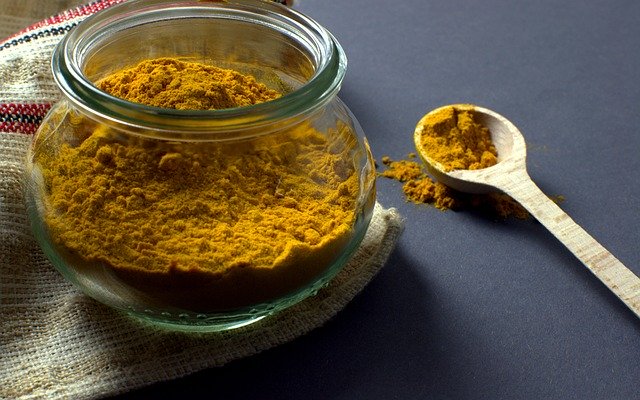Turmeric is one of those ingredients that seems to crop up every few years in the health food scene, especially when people are searching for something to boost their immune system come flu season. A golden broth containing turmeric, ginger and lemon is often recommended for everyday consumption as a sort of upmarket Lemsip. Given the current global health pandemic, this yellow-tinted tea has once again been popping up on Instagram feeds everywhere. So is it a fad, or is it really the cure-all that food bloggers are so keen to claim? Let’s sort the facts from the fad.
What is Turmeric?
A staple of Indian, Middle Eastern and Southeast Asian cooking, the health benefits claimed of turmeric include protecting you against viruses, giving you great skin, easing inflammation and even helping with depression. Turmeric’s long history of medicinal use is down to the active compound curcumin, which is said to have anti-inflammatory and antioxidant properties. If you want to know the truth about what curcumin is proven to help with and what it is not, then keep on reading.
Not Proven Enough to Help With:
Acne or Other Skin Issues
Let’s start off with the bad news: turmeric is not a cure-all. Despite beauty guru’s and skincare aficionado’s claiming that a turmeric face mask will solve all your skin troubles, there is no real hard scientific evidence to back this up. Stick to your clay masks for now.
May Be Worth a Try:
Gastrointestinal Disorders
There are some promising results in studies regarding turmeric’s ability to ease the symptoms of conditions such as Irritable Bowel Syndrome, Crohn’s and Ulcerative Colitis. A 2004 study where patients took 2 turmeric tablets every day for 8 weeks found that there were significant reductions in abdominal pain. And another 2015 study also found that patients recorded reduced symptoms when adding curcumin to their regular treatment plans. Although a lot more research is needed to nail down how this supplement could help disorders of the stomach, it has certainly shown an encouraging outlook so far. One to watch.
Depression
The research that has been so far into turmeric helping with depression has been mixed. Whilst some studies have shown promise, others have shown no correlation between people who taking Curcumin and people showing reduced depression symptoms, although many people swear by it as part of their arsenal against depression. One study in 2015 concluded that the active compound in turmeric enhances the effectiveness of antidepressants. The take-away? Give it a go, but don’t expect miracles. Always seek the advice of a professional.
Do Seriously Consider It for:
PMS
If you’re someone who struggles from painful cramps and other unpleasant symptoms associated with menstruation, then turmeric may be worth a try. A 2015 study showed that curcumin has the ability to reduce the severity of menstrual cramps. It also showed a reduction in other premenstrual symptoms such as anxiety, headaches and fatigue. So next time you feel your PMS coming on, instead of hitting that tub of ice cream hard, try turmeric tea. (Or have both, just in case).
Viral Infections
Here it is – the answer you’ve been waiting for. Yes, studies have shown that curcumin can go some way helping your body fight off viruses and flu. The supplement has shown to be active against various bacteria and fungi as well, including multi-drug resistant strains.
How Should I Take it?
Something you need to bear in mind when considering adding curcumin into your diet to boost your immunity or stave off those menstrual cramps is that it is not all readily absorbed by your body. Turmeric contains roughly 3% curcumin, and your body will not take all of this in. One way to boost your body’s absorption is to combine it with a dash of black pepper. Whether you make a warm broth, an iced tea, or a golden milk, turmeric is definitely worth adding into your diet.

